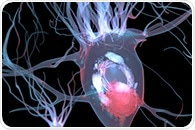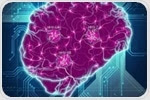| ||||||||||||||||||||||||||||||||||||||||||||||||||||||||||||||||||
| ||||||||||||||||||||||||||||||||||||||||||||||||||||||||||||||||||
| ||||||||||||||||||||||||||||||||||||||||||||||||||||||||||||||||||
| ||||||||||||||||||||||||||||||||||||||||||||||||||||||||||||||||||
| ||||||||||||||||||||||||||||||||||||||||||||||||||||||||||||||||||
| ||||||||||||||||||||||||||||||||||||||||||||||||||||||||||||||||||
lunes, 29 de octubre de 2018
Medical News | Medical Articles - Neurology / Neuroscience - Oct 29, 2018 Edition
Medical News | Medical Articles
Suscribirse a:
Enviar comentarios (Atom)

















































No hay comentarios:
Publicar un comentario